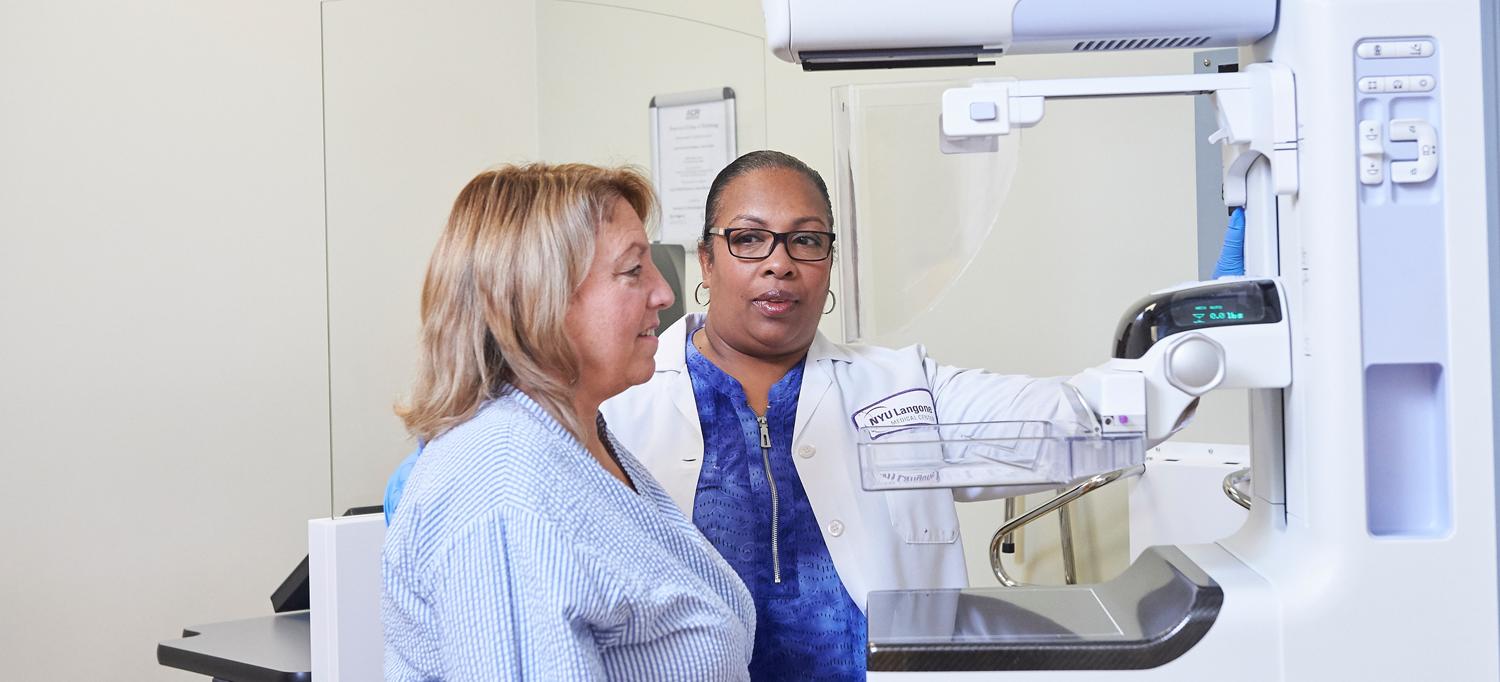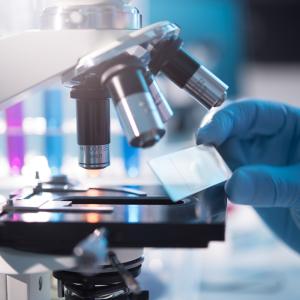
A medical oncologist discusses breast cancer screening options, including mammograms, for women with increased risk.
Photo: Juliana Thomas
About 1 in 500 people have a mutation in the BRCA gene, according to the Centers for Disease Control and Prevention (CDC). A mutation in the BRCA gene means that the gene can’t repair damaged DNA, which increases the risk for both breast and ovarian cancer. Speaking with Allure, Julia A. Smith, MD, PhD, a medical oncologist at NYU Langone’s Perlmutter Cancer Center and clinical assistant professor in the Department of Medicine, reviews the breast cancer screening options available for women with this mutation.
Dr. Smith tells Allure that in addition to mammograms, those with BRCA mutations might want more sensitive tests, such as ultrasounds or annual breast MRIs, that could detect signs of cancer earlier. “For breast cancer surveillance, I recommend a mammogram with ultrasound, alternating every six months with MRI,” Dr. Smith says.
Read more from Allure.

